The debate between atheism and theism has been ongoing for centuries, shaping the way people view religion and spirituality. Theism is the belief in a higher power or deity, while atheism is the lack of belief in a higher power or deity. Both sides have strong arguments, and the debate continues to this day.
Theism is rooted in the belief that there is a higher power that governs the universe, creating and sustaining all life. This belief is central to many religious traditions and has been the source of comfort and guidance for billions of people throughout history. Theists believe that this higher power is all-knowing, all-powerful, and all-good, and that they have a personal relationship with this power through prayer, worship, and other spiritual practices.
On the other hand, atheism is the belief that there is no higher power or deity controlling the universe. Atheists reject the idea of a personal god or gods and instead believe that the universe operates based on natural laws and that there is no supernatural influence guiding or controlling our lives.
The debate between atheism and theism has been ongoing for centuries and has had a significant impact on religious beliefs and practices. On one hand, theism has provided a sense of comfort and purpose for many people, helping them to make sense of their place in the world and to understand their role in the larger scheme of things. The belief in a higher power has also provided a source of morality and ethics, giving people guidance on how to live their lives and interact with others.
However, theism has also been criticized for promoting blind faith and for failing to provide evidence for its claims. Critics of theism argue that there is no scientific proof for the existence of a higher power and that many of the claims made by religious organizations are based on faith and not on fact. They also argue that theism can be harmful and lead to division, as different religious beliefs can lead to conflict and violence.
On the other hand, atheism has been praised for its emphasis on reason and critical thinking. Atheists argue that the universe operates based on natural laws that can be observed and studied, and that there is no need for a higher power to explain the world around us. They also argue that atheism promotes personal freedom and autonomy, as individuals are free to make their own decisions and live their lives as they see fit, without the influence of a higher power.
Despite these ongoing debates, religion and spirituality continue to play a significant role in the lives of many people. For some, religion provides a source of comfort and guidance, helping them to make sense of their place in the world and to live a meaningful life. For others, atheism provides a sense of freedom and independence, allowing them to live their lives free from the influence of religious doctrine.
Regardless of which side of the debate one may fall on, it is clear that the ongoing debate between atheism and theism has had a profound impact on religious beliefs and practices. As people continue to seek answers to the big questions of life, this debate is likely to continue for many years to come.The ongoing debate between atheism and theism has had a significant impact on religious beliefs and practices. For many people, their belief or non-belief in a higher power shapes their view of the world and their place in it. Some see the lack of scientific evidence for a higher power as proof of its non-existence, while others see this as proof of their faith.
For religious practitioners, the debate has forced them to re-examine and clarify their beliefs, leading to greater introspection and a deeper understanding of their faith. On the other hand, it has also led to increased tension and division between different religious groups, as well as between religious people and those who do not believe in a higher power.
The impact of the debate between atheism and theism extends beyond religious beliefs and practices and into society as a whole. In some countries, theism is an integral part of the legal and political system, and the rejection of theism is seen as a rejection of traditional values and culture. This has led to conflict and discrimination, with atheists being seen as a threat to the fabric of society.
The ongoing debate between atheism and theism has also raised questions about the role of religion in shaping moral and ethical beliefs. Theists argue that their religious beliefs provide a moral compass, guiding their actions and decisions in accordance with a higher purpose. On the other hand, many atheists believe that morality can be determined through reason and evidence, and that religion is not necessary to lead a good and ethical life.
The debate between atheism and theism has also had an impact on the way that religious beliefs and practices are taught and passed down from one generation to the next. In some countries, religious education is an integral part of the school curriculum, and children are taught about theism and the role it plays in shaping society. In other countries, however, the teaching of religion has been criticized for promoting a particular set of beliefs and values and for being divisive.
Another impact of the debate between atheism and theism is the growing trend of secularism, with many people rejecting traditional religious beliefs in favor of a more secular lifestyle. This shift has led to a decline in the number of people who identify as religious, and has resulted in the emergence of new, secular forms of spirituality.
The debate between atheism and theism is ongoing, shaping religious beliefs and practices, and affecting society as a whole. While the debate has led to increased introspection and understanding for some, it has also led to tension and division for others. It is important to respect and understand the beliefs of others, regardless of whether they are theists or atheists, and to strive for a world where people can coexist peacefully, regardless of their beliefs.
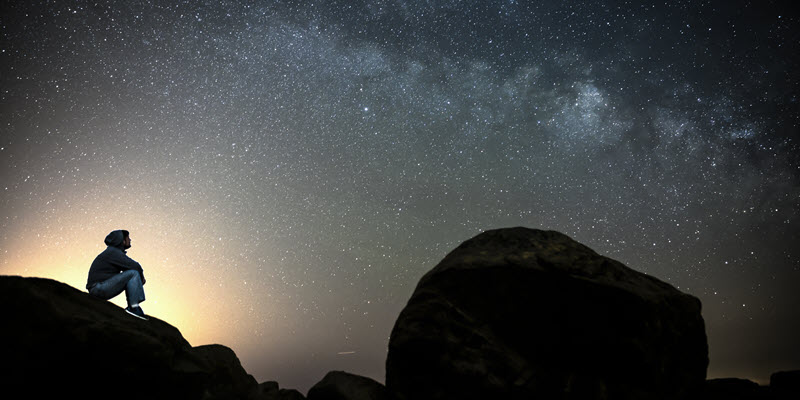
![]()



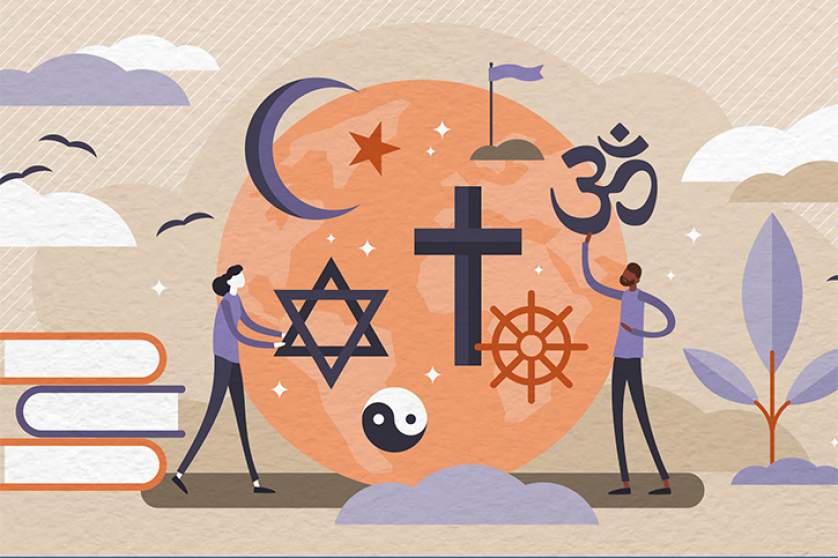


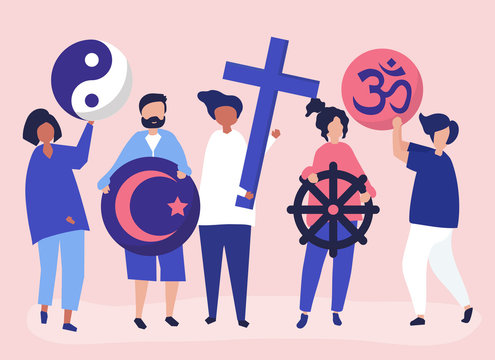
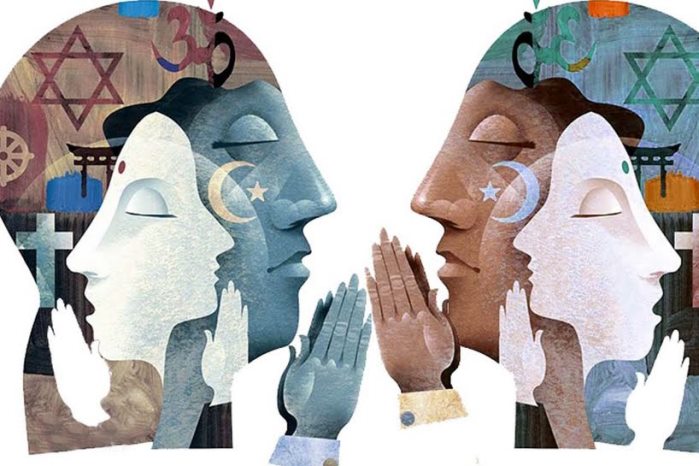
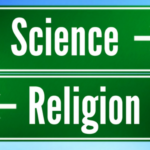

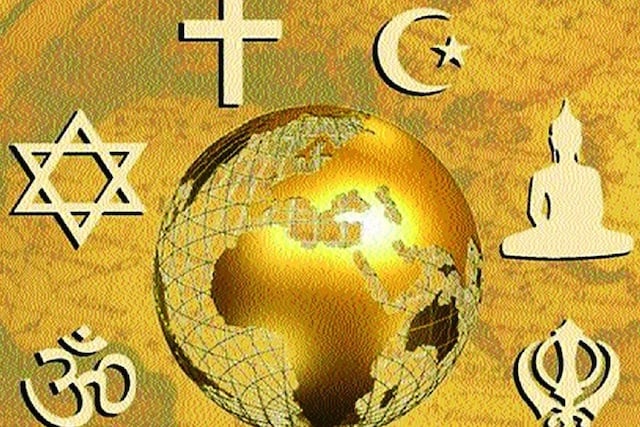
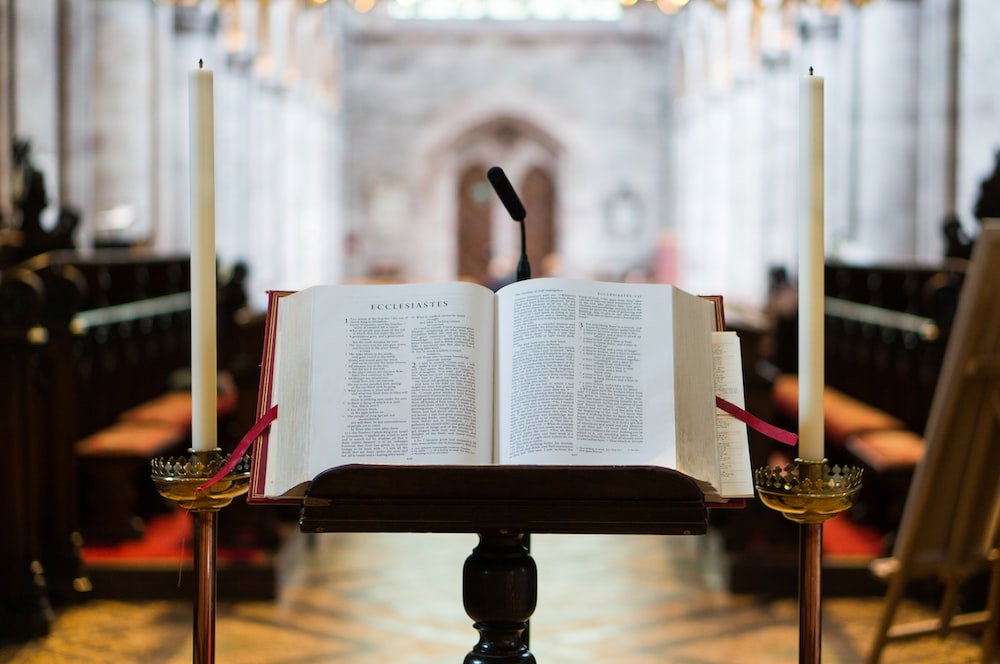
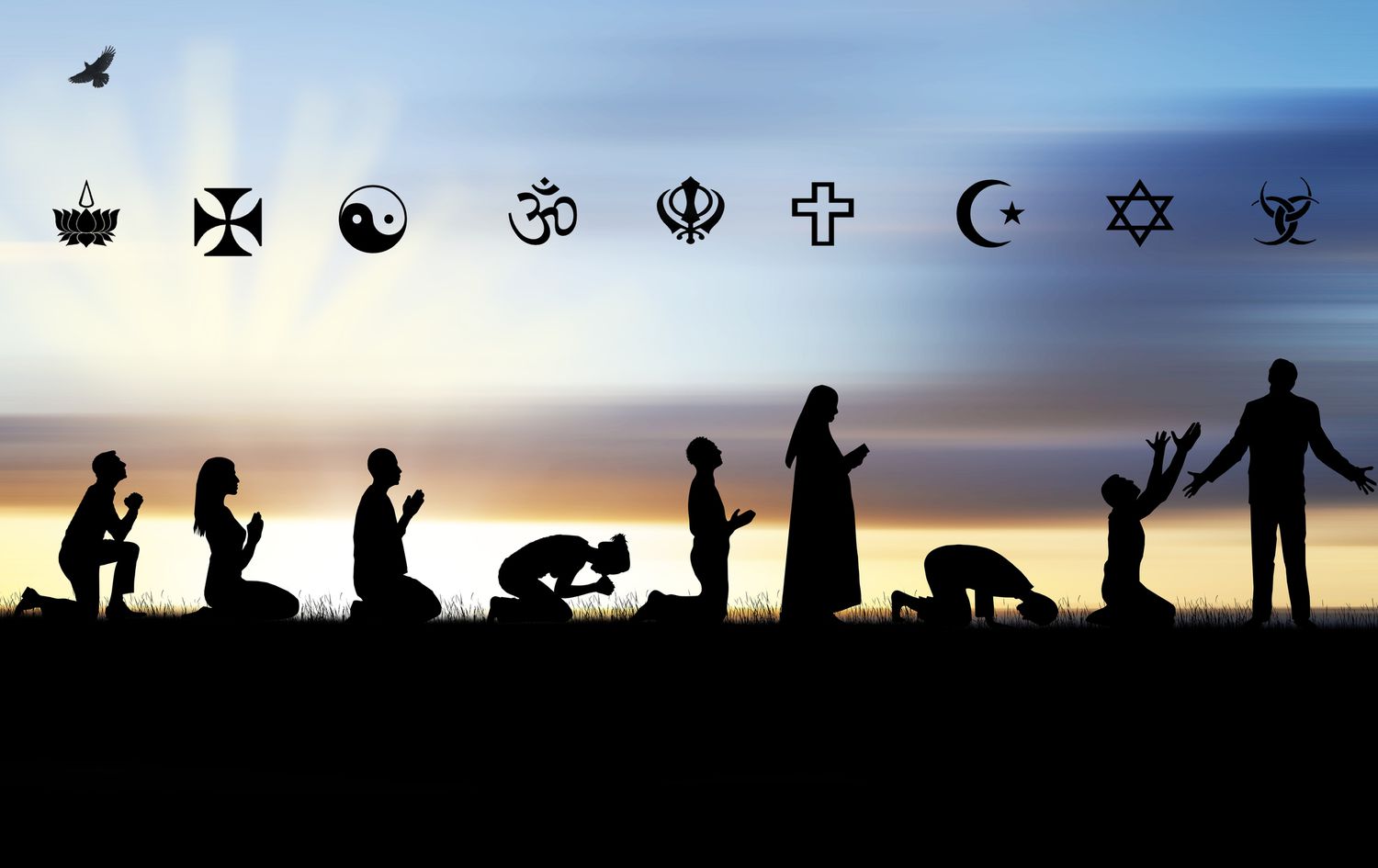


GIPHY App Key not set. Please check settings